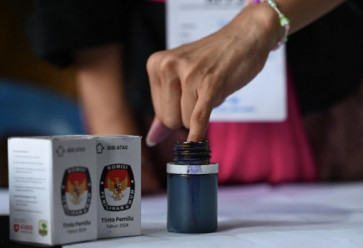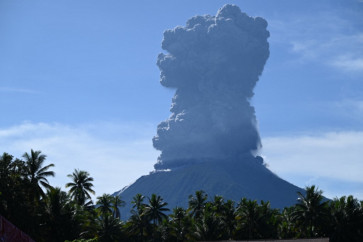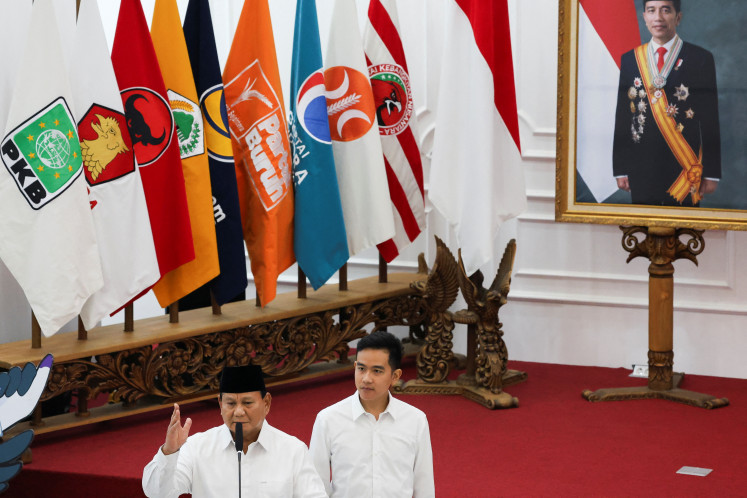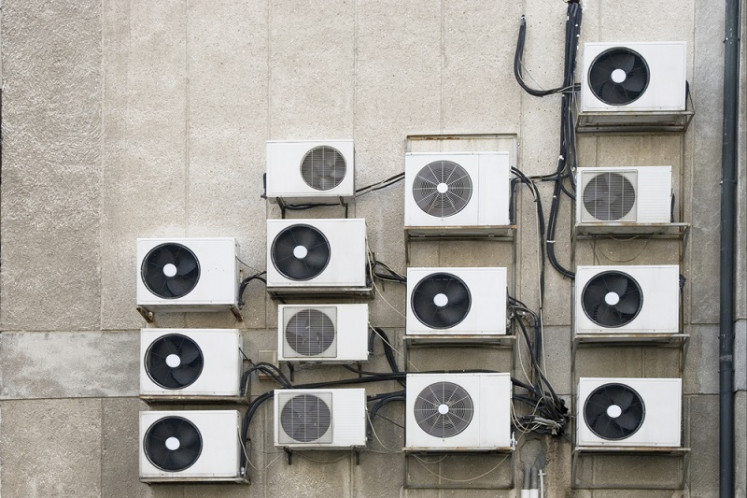Indonesia unclear on repatriation of jihadists
The government is still undecided on what to do with Indonesian citizens who went to Syria to join the Islamic State (IS), following a declaration by Kurdish forces that they had defeated the group over the weekend
Change Size

T
span>The government is still undecided on what to do with Indonesian citizens who went to Syria to join the Islamic State (IS), following a declaration by Kurdish forces that they had defeated the group over the weekend.
Jakarta is faced with the question of whether to use the fullest extent of the law to punish or reintegrate Indonesians who had pledged allegiance to IS — including noncombatants like women and children.
“We have not decided, […] but there are several options,” said Lalu Muhammad Iqbal, the Foreign Ministry’s director for the protection of Indonesian citizens and legal entities abroad. He declined to elaborate on the options.
The Kurds warned on Sunday that despite the demise of the IS “caliphate”, the thousands of foreign jihadists they hold were a ticking timebomb the world urgently needed to defuse.
World leaders were quick to hail Saturday’s announcement by the Kurdish-led Syrian Democratic Forces (SDF) that the last shred of land controlled by IS had been conquered. But as the SDF swept the devastated riverside village of Baghouz where jihadists made their dramatic last stand, the top Syrian Kurdish foreign affairs official warned that IS members captured during the assault still posed a threat.
“There are thousands of fighters, children and women from 54 countries, not including Iraqis and Syrians, who are a serious burden and danger for us and for the international community,” Abdel Karim Omar told AFP.
“Numbers increased massively during the last 20 days of the Baghouz operation,” he said.
As the months-long assault against the last IS strongholds in the Euphrates valley closed in, jihadists and their families gradually gathered in Baghouz, their final refuge. While some managed to escape, many foreigners stayed behind, either surrendering or fighting to the death.
According to the SDF, 66,000 people have left the last IS pocket since January, including 5,000 jihadists and 24,000 relatives.
Iqbal noted that while the International Committee of the Red Cross (ICRC) had tallied a total of 38 Indonesians who were detained in Syria, government data shows there could be more.
According to a study by the Institute for Policy Analysis of Conflict (IPAC), there were around 574 Indonesians in Iraq and/or Syria as of September 2017.
The Malaysian government, meanwhile, announced last week that it was in the process of bringing home 23 out of 51 Malaysians being detained in Syria for their alleged involvement in terrorism. Of the 23 people, 11 were adults and the remainder are children, according to the state-run Bernama news agency.
United States President Donald Trump also demanded last month that his European allies “take back over 800” IS fighters captured in Syria and put them on trial.
Solahudin of the University of Indonesia’s Center for Terrorism Studies and Social Conflict said there was still no clear international agreement about what to do with the foreign terrorists.
“Indonesia must wait for [an]internationally agreed mechanism for foreign terrorists,” he told The Jakarta Post on Sunday. Taking back women and children while letting the men be tried in Syria was one option, he said, but cautioned that Indonesia should be prepared for all possible scenarios.
According to the Counterterrorism Committee Executive Directorate, the implementing arm of the United Nations Security Council’s counterterrorism committee, countries must find a balance between repressive and “soft” responses to returning foreign terrorist fighters.
Security Council Resolution 2396 has called on UN member states to improve judicial procedures while developing tailored prosecution, rehabilitation and reintegration strategies.









